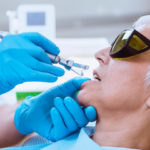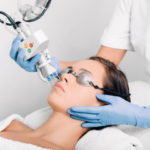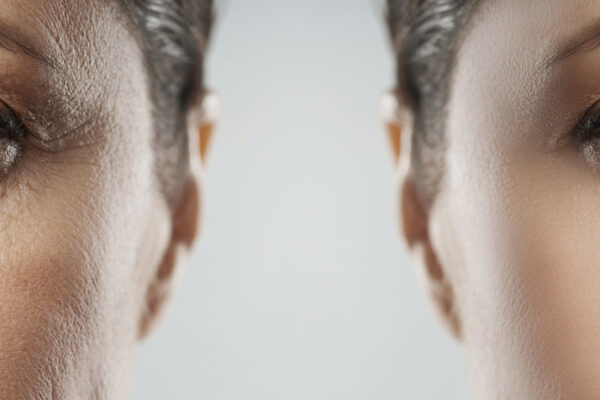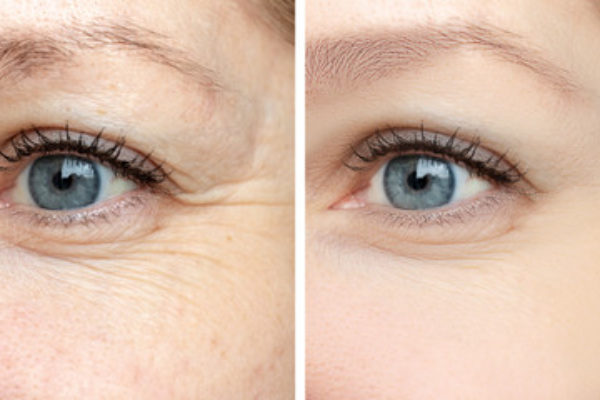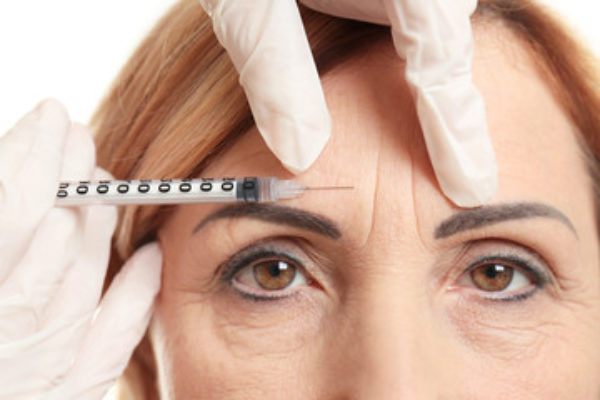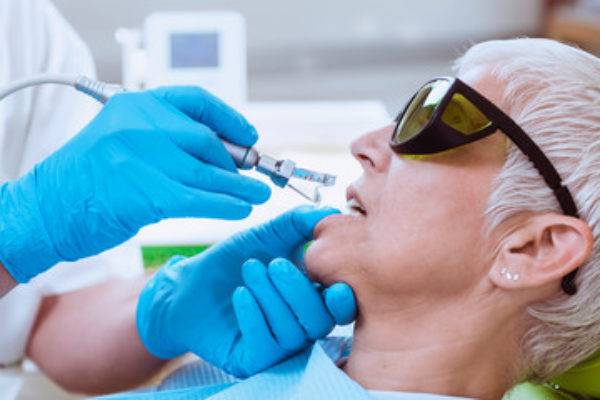What Is Sculptra?

Sculptra is an injectable treatment for sagging skin. It helps revitalize collagen, which has broken down in the skin due to age and makes your skin plump, soft, and fresh. It is one of the most innovative treatments in the beauty industry, and everyone from high-end models to your high school BFF is trying out Sculptra. West Palm Beach, FL, has highly esteemed establishments that offer Sculptra to their clients.
What Happens In Sculptra Treatment?
Collagen in our skin is essential for our skin’s elasticity. It gives us youthful, plump skin that heals from conditions quickly. Over the years, collagen in our skin breaks down. Our skin then becomes saggy, and we see fine lines and wrinkles forming.
Sculptra is a cosmetic filler that helps form new collagen in the skin, preventing lines, wrinkles, and sagging. It contains PLLA (poly-L-lactic acid), which helps stimulate collagen formation. Not only is Sculptra useful for removing signs of aging, but it can also restore elasticity and plumpness to skin that sags due to weight loss.
Patients receive at least three injections of Sculptra over the span of a few months for the treatment to take effect. The number of injections needed differs for each individual. So older people or people who have lost a significant amount of weight will need more injections than others.
Benefits of Sculptra
There are quite a few benefits of Sculptra. These include:
- It reduces fine lines and wrinkles on the skin
- Sculptra is more natural than other cosmetic fillers, so it does not make you look “plastic.”
- It helps to make your skin plump and fresh
- It promotes collagen development in the skin, which prevents aging
- Sculptra has also proven to be beneficial for people who get saggy skin because of diseases like HIV
Is It Risky?
Sculptra is a minimally invasive and safe treatment, so most people receive the injections without much consideration. However, if you suffer from a specific disease or skin condition, you might want to consult with your doctor first.
The FDA approved Sculptra as a cosmetic treatment in 2004, further adding to its credibility and safety as a beauty treatment.
The PLLA used in the injection is also biodegradable and is slowly broken down by the body and eventually absorbed.
The injections do not hurt since they are administered under the influence of Lidocaine which numbs the skin. After the treatment, there is some discoloration, redness, and pain, which are normal and quickly disappear.
Are There Any Pre-Operative Instructions?
Sculptra is a very low-maintenance treatment, and there isn’t much pre-operative care required. Your doctor may ask you to stop taking anti-inflammatory medications such as ibuprofen and naproxen before the injection day, but that’s about it.
What Is The Post-Operative Care?
After getting your Sculptra injections, you may notice slight abnormalities such as swelling, slight pain, and discomfort. These effects are expected and heal within a few days.
To speed up the recovery process, you can apply a cold pack or ice the injected area. You must use a cold compress at least 4-5 times a day within the first 24 hours. You may also gently massage the injected area a few times a day to improve blood circulation and help the treatment adapt quickly to the environment.
Make sure you take care of your skin for the next few days. Avoid getting into direct sunlight, and do not go for a tan before the injection site has healed completely.
The doctor may prescribe a pill or a cream to reduce pain, swelling, and bruising in the area if it seems more concerning than usual.
Are There Any Side Effects?
The most common effects of Sculptra are around the injection site. They include pain, swelling, bruising, and sometimes even itching. These effects usually last for a maximum of 15 days but usually recover much quicker than that. Your doctor may prescribe a painkiller or anti-allergy medicine if it is essential.
Rare complications of a Sculptra injection include bumps which sometimes turn into granulomas. These usually heal on their own, but if they do not, the doctor may prescribe medication or a minor procedure to get rid of them.




